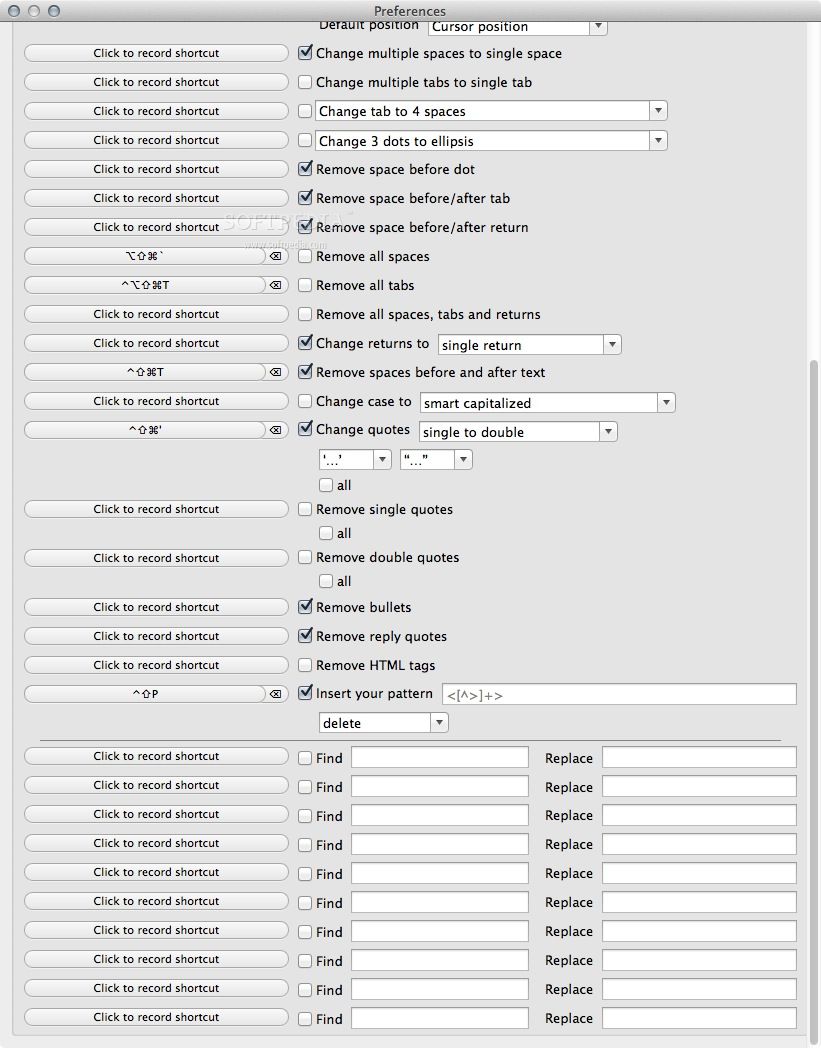
In the US, data centres are responsible for 2% of the country’s electricity use, while globally they account for just under 200 terawatt Hours (TWh). Should it include the emissions that come from manufacturing the computing hardware? And what about those from the staff and buildings of technology companies? Even the figures around the running of data centres are disputed – many run on renewable energy, while some companies buy “ carbon off-sets” to clean up their energy use. One of the difficulties in working out the carbon footprint of our internet habits is that few people can agree on what they should and should not include. “If everybody made changes, it would have more impact,” she adds She is one of a growing number of eco-conscious consumers trying to reduce their environmental impact online and on their phones. “Anything we can do to reduce carbon emissions is important, no matter how small, and that includes how we behave on the internet," says Philippa Gaut, a teacher from Surrey, UK. (CO2e is a unit used to express the carbon footprint of all greenhouse gases together as if they were all emitted as carbon dioxide)įor some, the realisation that their online activity is harming the planet has spurred them into taking action. Improvements in energy efficiency, economies of scale and use of renewable energy will doubtless have reduced this, but it is clear that people in developed nations still account for the majority of the internet’s carbon footprint. One study estimated that 10 years ago, the average Australian internet user was responsible for the equivalent of 81kg (179lbs) of carbon dioxide (CO2e) being emitted into the atmosphere. Internet users in some parts of the globe will have a disproportionately large footprint. If we were to rather crudely divide the 1.7 billion tonnes (1.6 billion tons) of greenhouse gas emissions estimated to be produced in the manufacture and running of digital technologies between all internet users around the world, it means each of us is responsible for 414kg (912lbs) of carbon dioxide a year.īut things are not that simple – this figure can vary depending where in the world you are. And these emissions are predicted to double by 2025. It is similar to the amount produced by the airline industry globally, explains Mike Hazas, a researcher at Lancaster University. The carbon footprint of our gadgets, the internet and the systems supporting them account for about 3.7% of global greenhouse emissions, according to some estimates.

Those scraps of energy, and the associated greenhouse gases emitted with each online activity, can add up.


Less obvious, but perhaps even more energy intensive, are the data centres and vast servers needed to support the internet and store the content we access over it.Īlthough the energy needed for a single internet search or email is small, approximately 4.1 billion people, or 53.6% of the global population, now use the internet.

As the day wears on you will doubtless spend even more time browsing online, uploading images, playing music and streaming video.Įach of these activities you perform online comes with a small cost – a few grams of carbon dioxide are emitted due to the energy needed to run your devices and power the wireless networks you access. It’s probable you’ve already replied to a couple of emails today, sent some chat messages and maybe performed a quick internet search.


 0 kommentar(er)
0 kommentar(er)
